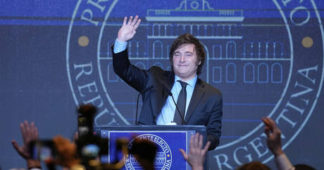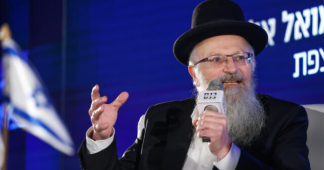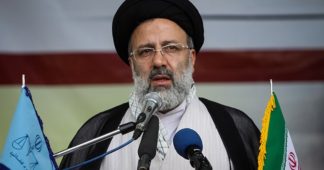Dec 6, 2023
Argentina’s newly elected president, Javier Milei, has been embracing Jewish Orthodoxy as an integral part of his ultraconservative ideology, a move that echoes the role of Evangelical Christianity in Jair Bolsonaro’s Brazil. Milei’s religious orientation, however, has stirred a whirlwind of controversy, given the neonazi and anti-Semitic sentiments harbored by a significant portion of his supporters.
The Emergence of a New Political and Religious Landscape
Milei’s victory in the recent elections came as a shock to many, but his subsequent religious choices have further stirred the pot. After his win, Milei was blessed in Buenos Aires by Rabbi David Pinto and later paid homage at the grave of Rabbi Menachem Mendel Schneerson in New York. Schneerson, a significant figure for the Jewish settler movement in the West Bank, was known for his opposition to peace agreements recognizing Palestinian territorial rights.
This allegiance to Schneerson is not merely a personal choice; it carries considerable geopolitical implications. It aligns Milei with the messianic Judaism of Israel’s far-right, which opposes territorial concessions and staunchly supports Israel’s right to defend itself ‘by all necessary means.’
Embracing Israel in Policy and Practice
One of the significant foreign policy shifts that Milei has announced is his intention to move the Argentine embassy in Israel to Jerusalem. This move follows in the footsteps of Donald Trump and Jair Bolsonaro, marking a stark departure from Argentina’s historically neutral stance in the Israel-Palestine conflict. If implemented, Milei’s administration could potentially be the most pro-Israel in Argentina’s history.
Controversy and Conflict
While Milei’s religious and political choices reflect a messianic vision, they have sparked controversy, particularly among his supporters. Many of them are known to harbor neonazi and anti-Semitic views. This conflict surfaced during the campaign when economist Martin Krause, a candidate for the Ministry of Education, made a Holocaust-related comment, causing widespread outrage.
As Milei continues to navigate his political and religious path, these choices will have far-reaching implications, not only for his domestic support base but also for Argentina’s international relations.
We remind our readers that publication of articles on our site does not mean that we agree with what is written. Our policy is to publish anything which we consider of interest, so as to assist our readers in forming their opinions. Sometimes we even publish articles with which we totally disagree, since we believe it is important for our readers to be informed on as wide a spectrum of views as possible.











